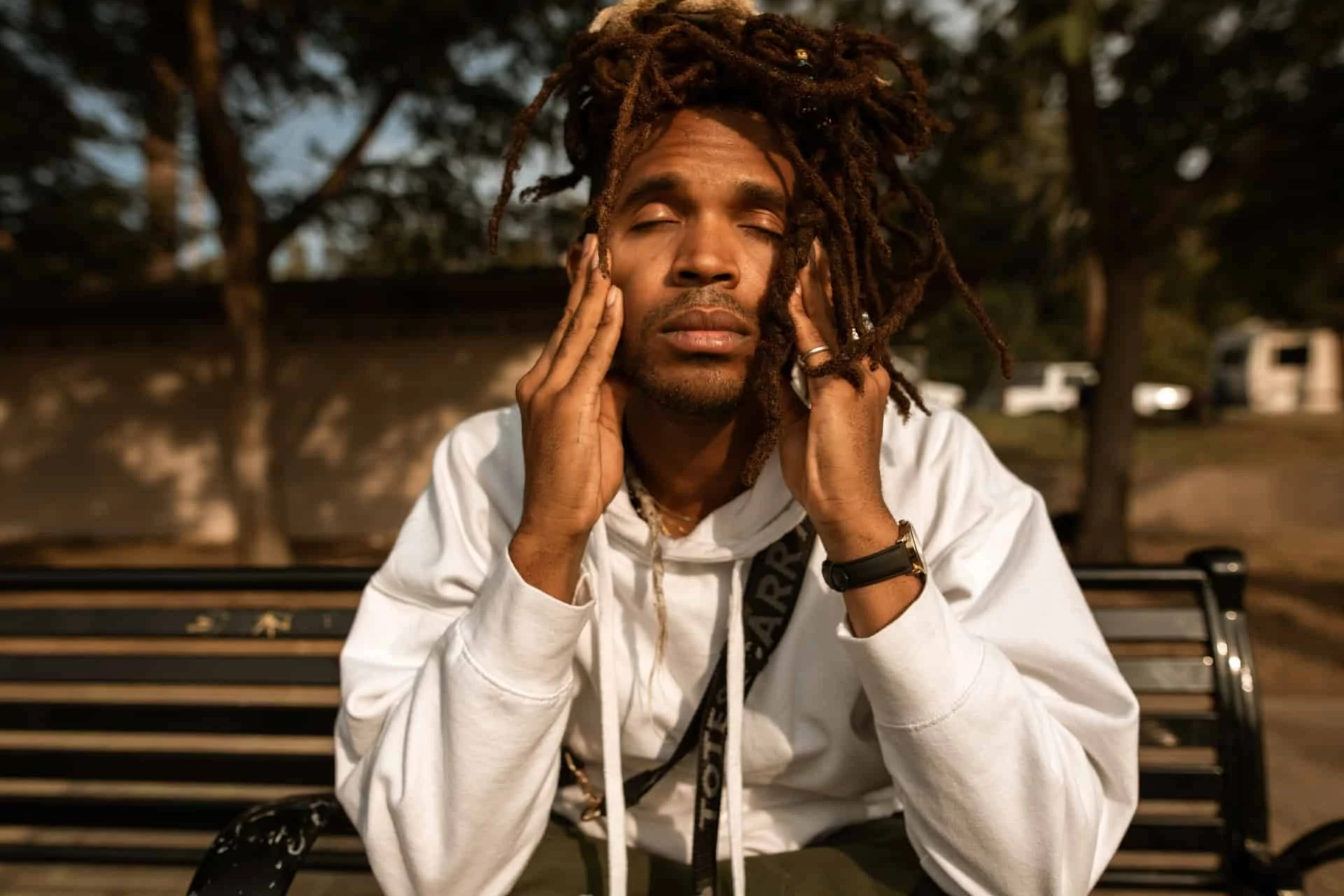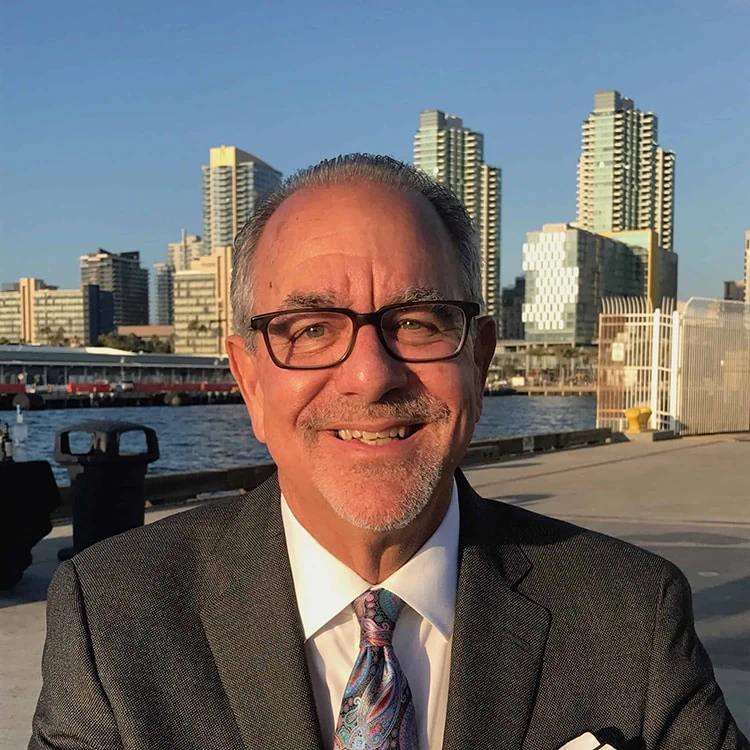
Bridging the Gap: Minorities and Mental Health
People from all walks of life experience mental health issues and addiction. These disorders do not discriminate. However, the sad fact of life is that sometimes, people in healthcare, education, or justice do. Minority communities often suffer from poorer health outcomes than others, and mental health is often overlooked for a while before a person is diagnosed. The reasons for these disparities can vary, but they all create barriers to treatment.
Black Americans, Latinos, LGBTQ people, and other minorities all can suffer from mental health issues and deserve to get treatment for them. Often, these needs are overlooked, and sometimes society has even criminalized them. For example, nearly 70% of juveniles in the justice system live with mental health disorders, and more Black Americans are incarcerated than any other race.
Hesitancy In Minority Communities
Much of the disparity for mental health comes from an overall lack of awareness or stigma of mental illness.
Historically, doctors and other medical professionals may be less likely to recognize symptoms of mental illness in minorities. Doctors can be racist or homophobic and simply not see the person's humanity in front of them due to prejudice. Black Americans are more likely to live in poverty, experience childhood trauma, become incarcerated, homeless, or struggle with substance use disorder. All of these are related to mental health outcomes.
Many people who seek help for mental illness feel flawed or ashamed, but mental health is just as important as physical health. You can't be your best self if you live with an untreated mental health disorder. Treatment and recovery are available to anyone willing to ask for help.
Challenges in Minority Communities
According to Web MD, Black Americans are more likely than white Americans to experience depression or feelings of worthlessness. Still, fewer than 9% of Black Americans get mental health counseling or treatment, compared with more than 18% of white Americans. For many Black people with mental health disorders, their symptoms have been punished in academic settings or criminalized in the justice system. Inequity leads to harsh treatment rather than healing in these circumstances.
LGBTQ individuals also face unique stigma; they may be afraid to seek out a provider for their anxiety or depression or worried that they will be judged for their sexuality or gender. In addition, people still have to worry about conversion therapy or religion-center services in some states, which can be very judgemental and punishing rather than focusing on healing.
Some immigrant families might not be familiar with mental health or treatment if it was not offered in their home country. Often, immigrants seek help in their church or communities.
Gaining Access to Help
When there are not a lot of mental health providers or treatment centers available in communities, people lose access or never seek help, to begin with. Today, there are many options available for therapy and other help. Some mental health providers offer telehealth to offer better access to all.
If you or somebody you love struggles with symptoms of anxiety, depression, or addiction, there is help available. Mental health is important! Reach out to learn more about what is available to you or your family member. No one should feel ashamed of asking for help; it's the first step to reclaiming your life and beginning a healing journey.
Categories
Addiction News
